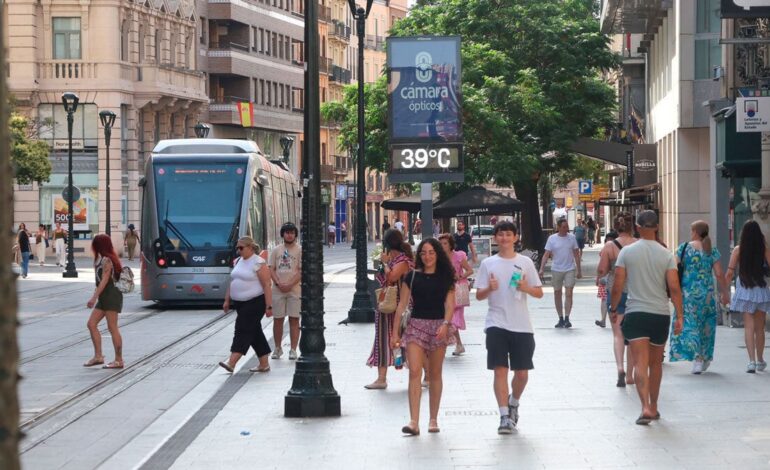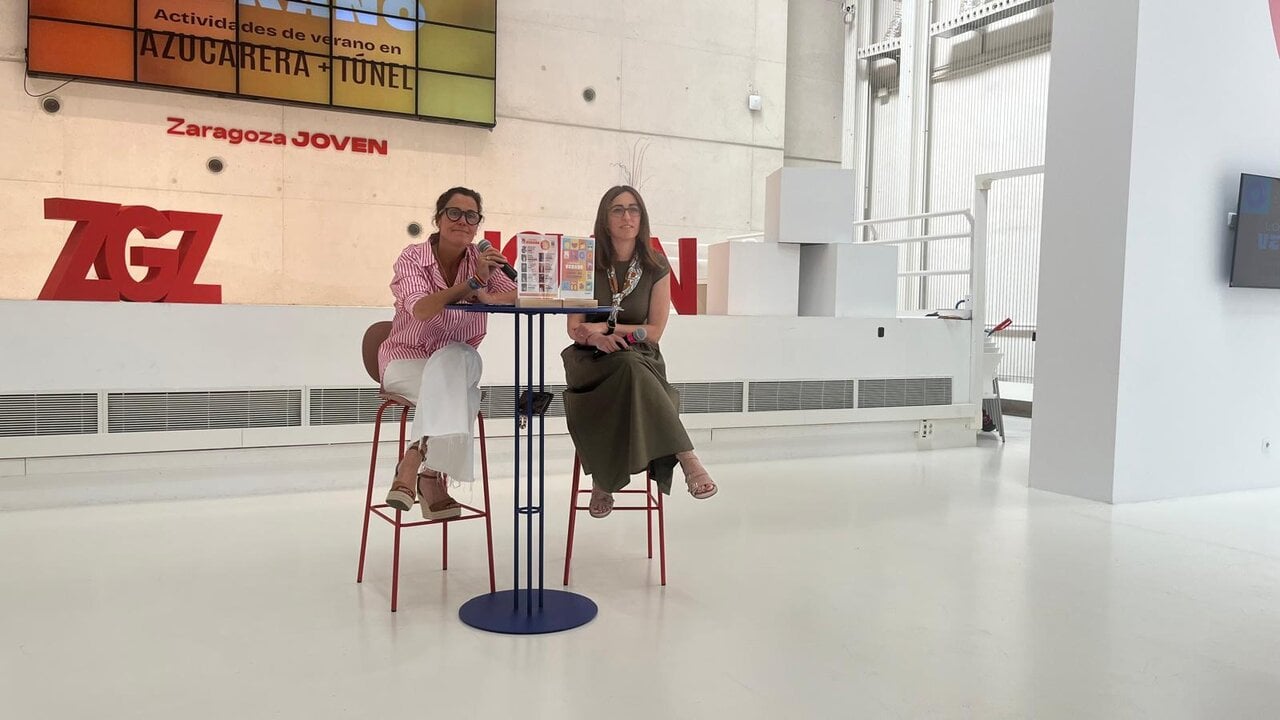
Almost 8 out of 10 Aragonese receive messages from their company outside working hours
Almost 8 out of 10 Aragonese receive some type of message from their company outside working hours. This is one of the main conclusions that are extracted from the survey by the company Randstad to more than 4,300 people from all over Spain of working age. In Aragon, digital disconnection seems to be far from consolidating. Only 21.1 % of professionals say never receiving work communications outside the schedule, that means that almost 8 out of 10 Aragonese receive some type of message from their company outside working hours, a fact even less than 24.3 % recorded nationwide.
However, the most frequent or constant interruptions are less common in the community. 3.7 % of professionals in Aragon declare to receive work messages frequently, and 0 % suffer constantly, which places the region below the national 12.4 % in this type of interruption.
On the other hand, 32.6 % of Aragonese workers claim to receive communications “sometimes”, another 32.6 % “rarely” and 10 % “occasionally.” Although Aragon stands out for its ability to disconnect at the beginning of the holidays, the reality is that disconnection outside working hours remains a pending challenge.
The problem is not limited to notifications out of time, but there is also an expectation of permanent availability. Almost four out of ten Spanish workers (37.7%) consider that their company expects them to respond to those messages outside working hours. Another 22.8% are not clear whether that pressure exists or not.
Beyond the lit devices, the main challenge is to achieve a real digital and mental disconnection. Only 26.9% of respondents say they manage to disconnect completely at the end of the working day. Most are at a mid or low point of disconnection, which shows that “closing the mental door” of work remains a pending task. This lack of sustained rest contributes to emotional exhaustion and accumulated fatigue, risk factors for more serious mental health disorders.
The Aragonese, among those who disconnect in summer
More than half of the workers in Spain need more than a week to disconnect on vacation.
The Aragonese, among those who disconnect in summer
More than half of the Aragonese professionals (52.6%) affirm that they manage to mentally disconnect from work immediately at the beginning of their vacations. This data places the Aragonese among Spanish employees more easily to disconnect from work on vacation, only behind Navarros and Cantabrians.
However, not all professionals in the region manage to deactivate the “work mode” so easily, since 28.9% need up to a week to achieve it, 15.3% between one and two weeks, and 3.2% more than two weeks.
More than half of the workers in Spain need more than a week to disconnect on vacation.
Nor are holidays disconnect from work. At the national level, 46.9% of professionals say they manage to disconnect immediately. However, 34.2% need at least one week, 14.3% up to two weeks and a worrying 4.5% admit that even after that time it manages to relax mentally.
By autonomous communities, Navarra (56%), Cantabria (54.1%) and Aragon (52.6%) lead the ranking of regions where more people manage to disconnect mentally as soon as they start their days off. They are closely followed by Castilla-La Mancha (52.2%), Castilla y León (51.7%) and Galicia (50.6%), also above the national average.
In an intermediate point there are communities such as Catalonia (47.5%), Asturias (47.2%), Madrid (46.6%) or La Rioja (45.9%), where between 45 and 50%of workers claim to be able to disconnect from day one. In the Valencian Community, 44% achieve it, while in the Basque Country and Extremadura, the percentages are 43.8% and 43.4%, respectively.
In the opposite end of the ranking, regions appear where disconnect is more difficult, as is the case precisely from the Balearic Islands (27.6%), Andalusia (39.6%) and Murcia (41.8%).
The ability to disconnect from work during vacations varies markedly according to the professional sector. This analysis ensures that education, health and transport and logistics workers are the ones who have the most difficulties to disconnect when vacations arrive.
In the education sector, only 40.4% claim to disconnect immediately, while 26.3% need more than a week and 7% takes more than two weeks to stop thinking about work. The panorama is also complex in health. Those who take care of our health seem to have serious difficulties in taking care of their own rest. Just 37.3% get an instant disconnection. While, by transport and logistics, 31.6% requires between one and two weeks.
At the other end of the balance are the sectors with the greatest disconnection capacity. In the industrial sector, more than half of its professionals (52.5%) claim to leave work behind the first minute of their vacation. It is closely followed by the world of technology and computer science, where 50.8% also achieves this immediate disconnection.
Other relevant data complete sector photography and that under construction, 39.7% disconnect at the time and 30.1% do so in less than a week; In the agrarian, livestock and fishing sector, 32.9% disconnect immediately and a significant 38.6% in less than seven days.






